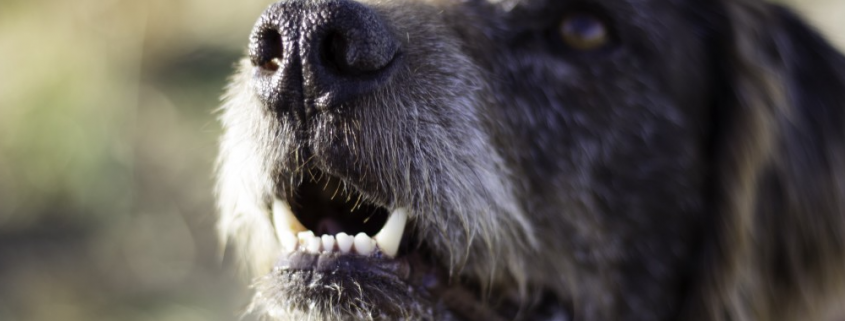The Importance of Dental Health in Dogs and Cats
February is here and what that entails in the animal world is Dental Health Month! Dental health is so important because poor dental health can have long term negative impacts on the heart, lungs, kidneys, and liver.
Dental disease can impact pets of any age, but some factors can influence risk which includes:
- Age
- Breed
- Genetics
- Poor diet
- Health status
- Home care
- Bacterial flora of the oral cavity
- Halitosis (bad breath)
- Drooling
- Blood-tinged saliva
- Pawing at mouth
Plaque can form and build up on your pet’s teeth as quickly as 24 hours and if dental care/preventatives are not taken to remove plaque then calculus (tartar) buildup occurs within 3-5 days. When calculus starts to build up on your pet’s teeth, it gradually begins to push the gums away from the tooth, giving the calculus an opportunity to spread into your pet’s bloodstream. The bacteria that are built up within the calculus can lead to infection and have serious effects on the major organs mentioned above.
Diet matters
Amazingly enough, diet has a pretty decent impact on your pet’s dental health. There is a myth, kibble is the best for dogs and cats because when they crunch on the hard pieces of kibble, it supposedly helps scrape the calculus away. Think about that. Have you ever watched your pet eat? More often than not, they swallow their kibble whole. Also, go to your dentist and tell them you forgot to brush your teeth, so you had chips to help scrape the calculus away from your teeth. Kibble contains high levels of sugars and carbohydrates which rapidly produce oral bacteria and plaque. Whereas fresh or raw diets can help protect your pet’s teeth and gums simply due to low or lack of starches. In other words, the food will not stick to the teeth like kibble would.
The good news is that dental disease in your pet does not have to occur. While it is common, it’s actually not natural.
Helpful Preventative Care Techniques
- Pay close attention to the diet you are giving your pet
- Introduce brushing at a young age
- Supplements, dental cleaning pads and pet toothpastes include enzymes and pre and probiotics that can help break down plaque.
- Giving your pet toys and/or bones to chew to keep teeth clean
- Professional dental cleanings
Dental cleanings are great but should not have to happen yearly, or even in younger years. Yearly cleanings can have a negative impact on pets because anesthetic gasses used yearly can slowly apply stress on your pet’s organs. Think about the change that needs to happen- diet, toys/bones, brushing, etc.
References:
Holmstrom, Steven E. “Pathogenesis of Periodontal Disease.” Veterinary Dentistry: A Team Approach, 2nd ed., Steven Holmstrom, 2013, pp. 150–153.
Holmstrom, Steven E. “Home-Care Instruction and Products.” Veterinary Dentistry: A Team Approach, 2nd ed., Steven Holmstrom, 2013, pp. 194–213.
Miller, Bonnie R, and John R Lewis. “Veterinary Dentistry.” Clinical Textbooks for Veterinary Technicians, 9th ed., Joanna M. Bassert, 2018, pp. 1222–1229.






